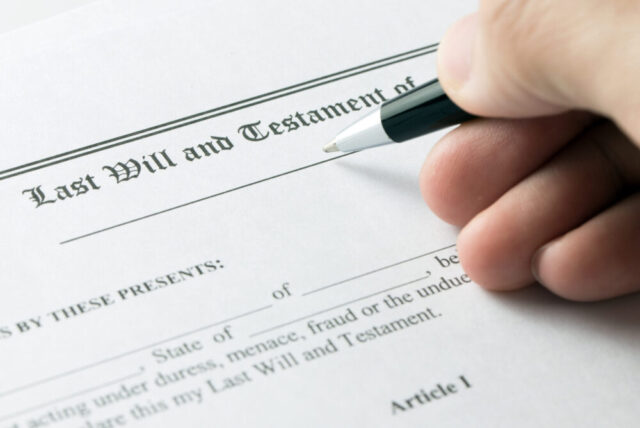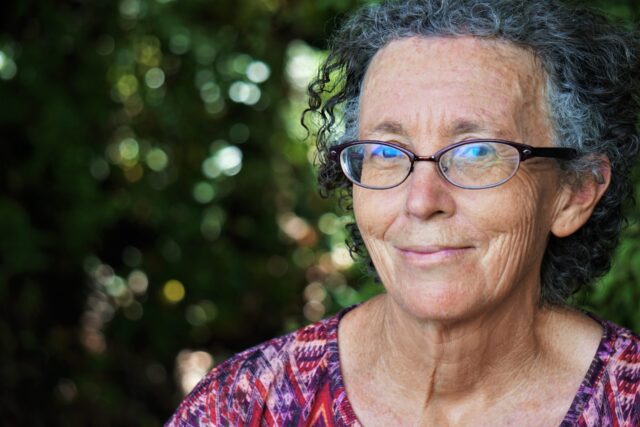Given that the desired beneficiary of your estate is likely younger and in better health than you, you may not imagine that they would sadly pass away before you. However, you cannot assume anything when it comes to a task as important as creating your estate plan. Because even if they survive you, there is the possibility that they may unfortunately not survive to see your Last Will and Testament document fully executed by your appointed executor. To prepare for this worst-case scenario, please continue reading to learn what happens if your beneficiary dies before your will can be fully executed and how an experienced Butler County will preparation attorney at Heritage Elder Law & Estate Planning, LLC, can work to ensure your assets still land in the right hands.
How should I plan for the possibility that my beneficiary may predecease me?
When crafting your Last Will and Testament document, you should be sure to name both a primary and contingent beneficiary for each gift you wish to administer. Obviously, your primary beneficiary is the first one entitled to receive a given gift. But then, a contingent beneficiary may be next in line for this specific gift should your primary beneficiary sadly predecease you. Of note, a contingent beneficiary may also be called upon if your primary beneficiary cannot be located at the time of your will’s execution, or if they are otherwise unable or unwilling to accept your gift. For this, within your will document, you should write something along the lines of, “I leave this gift to John, and if John does not survive me, then to Jane.”
What should happen if a beneficiary dies before a will is fully executed?
The execution of your Last Will and Testament document may be made more difficult if you fail to include a contingent beneficiary. Well, in every other state besides Louisiana, there is an anti-lapse estate law. Usually, with a lapse, the gift that was intended for a deceased beneficiary then goes to the testator’s residuary estate. Namely, the residuary estate is all the property and assets that were not mentioned or otherwise assigned a beneficiary in the will document. And so, the residuary beneficiary would be set to inherit the deceased beneficiary’s gift.
However, with the anti-lapse law, a lapse gift is barred from being funneled into the residuary estate. Rather, the deceased beneficiary’s direct descendants may be entitled to this gift (i.e., their children, grandchildren, etc). This is unless you would rather have this gift go to your named residuary beneficiary, in which case, you must include it within the residuary clause in your will document.
This matter may obviously be important to you, and you may want the best possible outcome. So please, do not start planning without one of the skilled Butler County estate planning & probate attorneys in your corner. The team at Heritage Elder Law & Estate Planning, LLC is here at your command.







